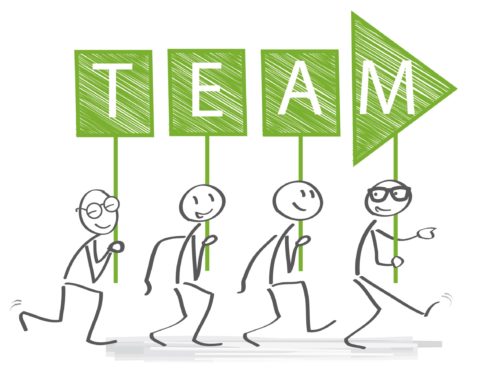Lessons from the Connecticut Foodshare Merger
Why do nonprofits typically look to merge? Nonprofit organizations typically merge to grow, to stabilize or, at times, to survive. Organizations who are not interested in a full merger may want to pursue a “strategic alliance” or “strategic collaboration” to create greater efficiencies or expand their reach. Whether looking at a merger or an alliance, organizations are often looking to:
- increase service delivery and/or geographic reach
- ensure the long-term financial stability of at least one of the merging groups
- save programs and services that might otherwise be lost without the merger
- maximize and share resources (often staff and governance)
- increase capacity-building efforts to enhance the mission and continuation of the major community assets is bringing to the table
In the case of the Connecticut Foodshare merger – Connecticut Food Bank and Foodshare were two strong, financially solid organizations who together served all eight counties in the state. The organizations had complementary missions and a history of working together well. In 2020, Connecticut Food Bank found itself in the midst of a leadership transition and the two organizations decided the time was right to start serious merger discussions.
Importantly, at the onset, the merger team was clear that decisions would be based on data and on how to best address food insecurity in the state. As President and CEO Jason Jakubowski stated quite clearly early in negotiations: “We are dedicated to doing this right and making decisions based on what is best for the State of Connecticut.”
Figuring out how to start a merger (or strategic alliance) conversation can be tricky, because it requires giving up control and delving into uncharted territory. Yet being receptive to mergers and alliances will keep you open to growth and opportunity. Here are some factors to consider about the ideal timing of a nonprofit merger:
- Why now?
- Does the board support the idea?
- Are the conditions right?
- Is it too late? (It can be too late if an organization is on very weak financial grounds.)
The merger process is fraught with emotions and politics, so it is helpful to have a third-party individual or consultant facilitate the discussion. Being a partner in the success of the Connecticut Foodshare merger has given TSG the unique opportunity to share with other nonprofits key insights and experience about nonprofit mergers.
If your organization is considering a nonprofit merger we’d love to discuss the possibilities with you. Please reach out and set up a discovery call now.








